How much do you know about the custom of Zongxiang in May and Ankang in Dragon Boat Festival?
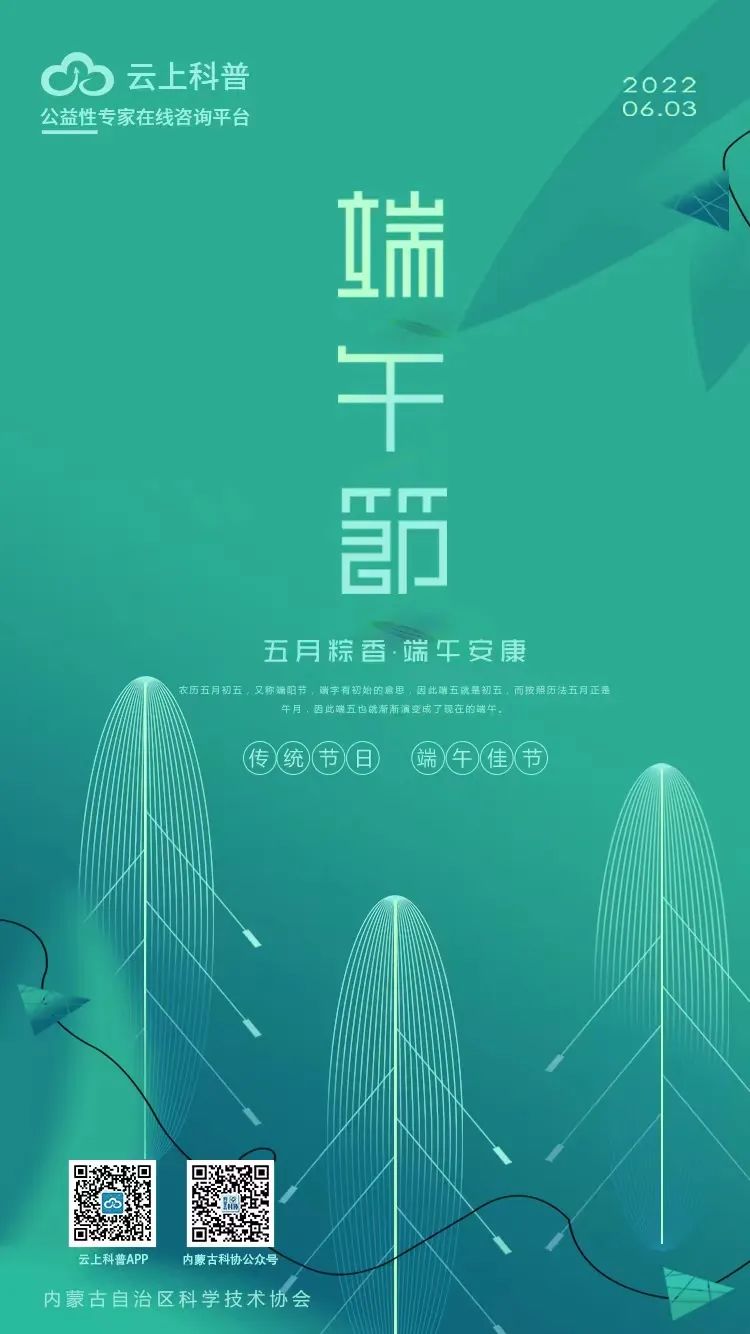
Midsummer Dragon Boat Festival, the dragon is in the sky, the dragon is full of vitality, and all evils are avoided. Dragon Boat Festival is a folk festival that integrates praying for good luck and evil spirits, celebrating entertainment and eating. The contents of the Dragon Boat Festival customs are rich and colorful, and these customs have entrusted people with the desire to welcome good fortune and ward off evil spirits and disasters.
one
Ba dragon boat
Boating dragon boat has a long history, and it is a multi-person collective rowing competition. Dragon boat race is divided into several sections, such as inviting dragons, offering sacrifices to the dragon gods, Youlong and collecting dragons. Before the dragon boat race, a grand sacrifice ceremony is usually held. First, the dragon is invited and the gods are sacrificed. Before the Dragon Boat Festival, it is necessary to choose an auspicious day to get out of the water, after offering sacrifices to the gods, install the dragon head and dragon tail, and then prepare for the race. Fujian and Taiwan went to Mazu Tempel to worship. In the past, when people sacrificed to the dragon gods, the atmosphere was very serious, and they prayed for blessings, good weather, evil spirits, disasters and differences, and everything went well. In Zigui, Qu Yuan’s hometown in Hubei Province, there is also a ceremony to worship Qu Yuan by rowing a dragon boat.
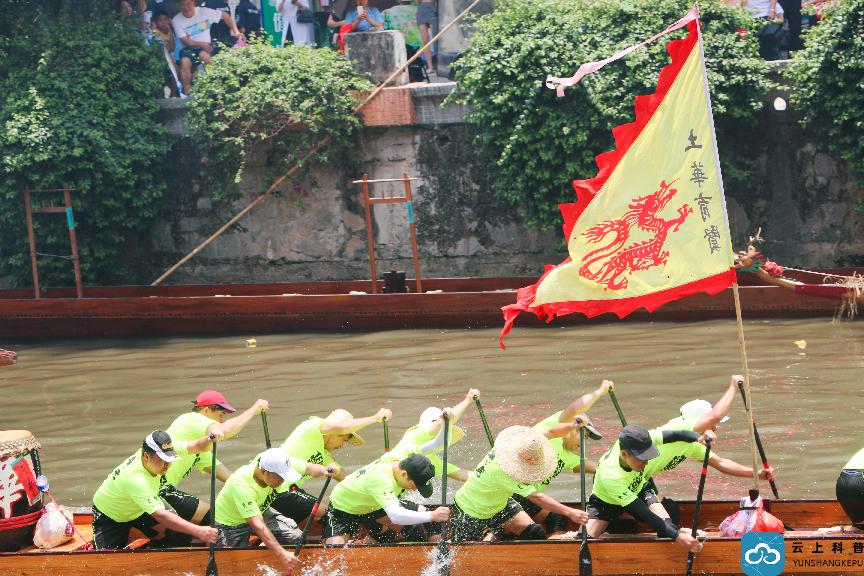
2
Hanging wormwood and calamus
In the Dragon Boat Festival, all kinds of flowers and plants that can drive away evil spirits and diseases have been arranged for a long time. "Ai", also known as Artemisia argyi and Artemisia argyi, contains volatile aromatic oil in its stems and leaves, and its peculiar fragrance can repel mosquitoes, flies and insect ants and purify the air. The leaves of Acorus calamus also contain volatile aromatic oil, which is a drug for refreshing, inducing resuscitation, strengthening bones and resolving stagnation, killing insects and sterilizing. People regard wormwood and calamus as one of the important contents of the Dragon Boat Festival.
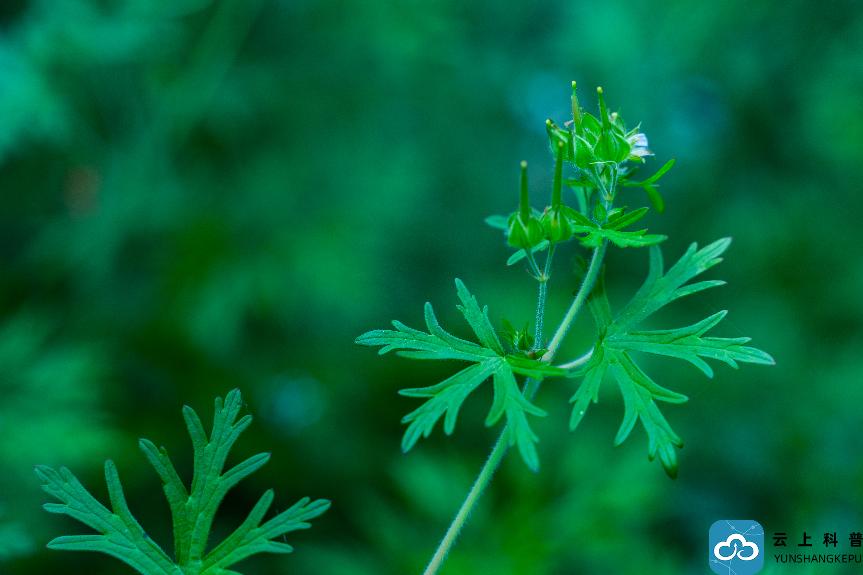
three
Eating zongzi on Dragon Boat Festival
Zongzi, or "Zongzi Zan", is commonly known as Zongzi. Its main materials are glutinous rice and stuffing, and it is wrapped with Indocalamus leaves (or Hiragi leaves) in various shapes, such as sharp corners and quadrangles. Zongzi has a long history and was originally used as a tribute to ancestors and gods. After it was introduced to the north, it was made of millet (produced in the north), which was called "horn millet". Due to the different eating habits in different places, zongzi has formed a north-south flavor; In terms of taste, zongzi can be divided into salty zongzi and sweet zongzi.
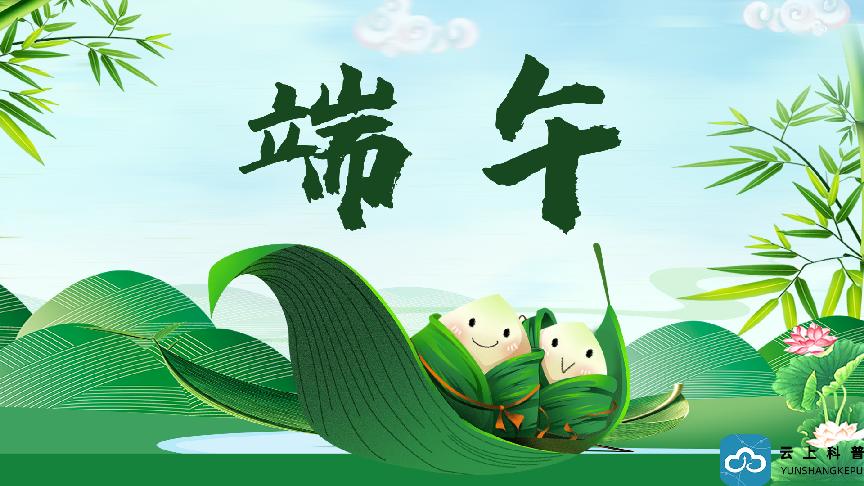
four
Herbal washing water
Herbal water, that is, Mulan decoction recorded in ancient books, can cure skin diseases and eliminate evil spirits by washing herbal water at noon. Midday is the most herbal day in a year, and medicines are everywhere. During the Dragon Boat Festival, many places in China have the custom of picking herbs, boiling herbs and bathing in water, and the medicinal properties of the Dragon Boat Festival herbs have played a vital role in it. The existing written records about the custom of washing herbs and water were first seen in the Book of Da Dai Li at the end of the Western Han Dynasty, but the orchids in this paper are not orchids, but Eupatorium odoratum or herbs of Compositae, which have fragrance and can be decocted and bathed in water. This custom still exists today and is widely popular. In Guangdong, children use wormwood and wheat medicine or flowers and plants such as wormwood, cattail, impatiens and magnolia to boil and wash, while teenagers and adult men go to rivers and beaches to take a shower, which is called washing dragon boat water to wash away bad luck and bring good luck. In Hunan, Guangxi and other places, cypress leaves, wind roots, wormwood, calamus, peach leaves and so on are boiled into liquid medicine for bathing.
five
Tie five-color silk thread
In the traditional culture of China, the five colors "blue, red, white, black and yellow" symbolizing the five elements are regarded as auspicious colors. On the Dragon Boat Festival, children should tie colorful silk threads on their wrists and ankles to ward off evil spirits. Traditionally, red, green, yellow, white and black thick silk threads were twisted into colored ropes and tied around children’s arms or necks. Since May 5th, it was not until the birthday of "Qi Nian Ma" on Tanabata that they were untied and burned together with Jin Jun.. There is also a saying that on the first rainy day after the Dragon Boat Festival, cutting off colorful threads and throwing them in the rain means that the river will wash away the plague and diseases, which means that it can get rid of evil spirits and stir up disasters, which will bring good luck for a year.
six
Draw a forehead
The custom of daubing children’s foreheads with realgar during the Dragon Boat Festival can ward off poisonous insects. The typical method is to draw the word "Wang" on children’s foreheads with realgar. One is to borrow realgar to drive away the poison, and the other is to borrow tiger’s forehead ("Wang" is like a tiger, and the tiger is the king of beasts, because it is replaced by a tiger) to suppress evil spirits. In addition to the forehead, nose and ears, it can also be applied elsewhere, with the same intention.
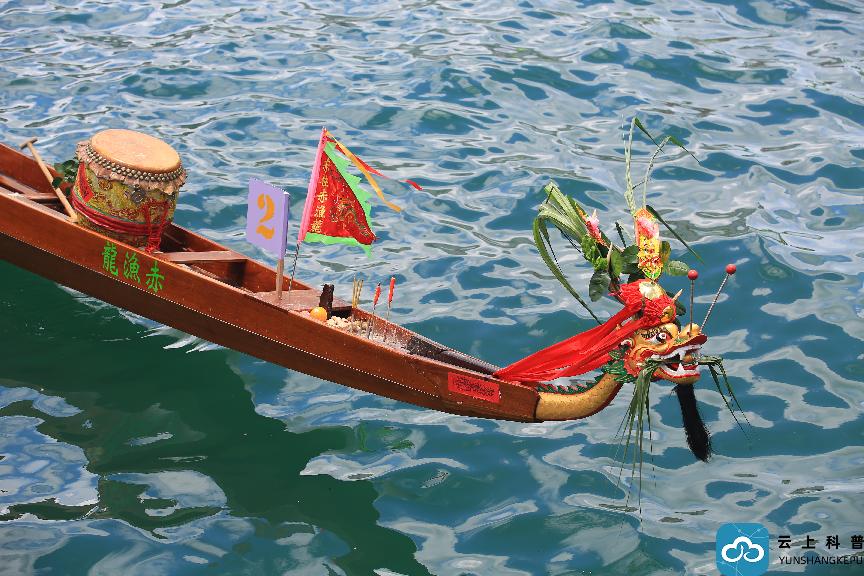
seven
Avoid five poisons
Due to the hot and dry weather in summer in the north, people are prone to illness and plagues are also prone to epidemic; In addition, snakes and insects are prone to bite people. People think that May is the time when the five poisons (scorpion, snake, centipede, gecko and toad) appear, and various methods should be used to prevent the harm of the five poisons. Generally, a map of five poisons is posted in the house, five poisons are printed on red paper, and then five needles are stuck on the five poisons, that is, the poisons are stabbed to death and can no longer be rampant. Folk also embroidered five poisons on clothes and decorated cakes with five poisons patterns, all of which meant expelling them.
Original title: "May Zongxiang, Dragon Boat Festival Ankang | How much do you know about Dragon Boat Festival customs?"
Read the original text